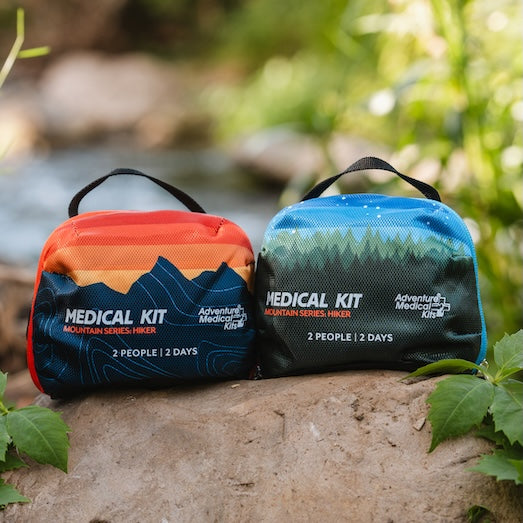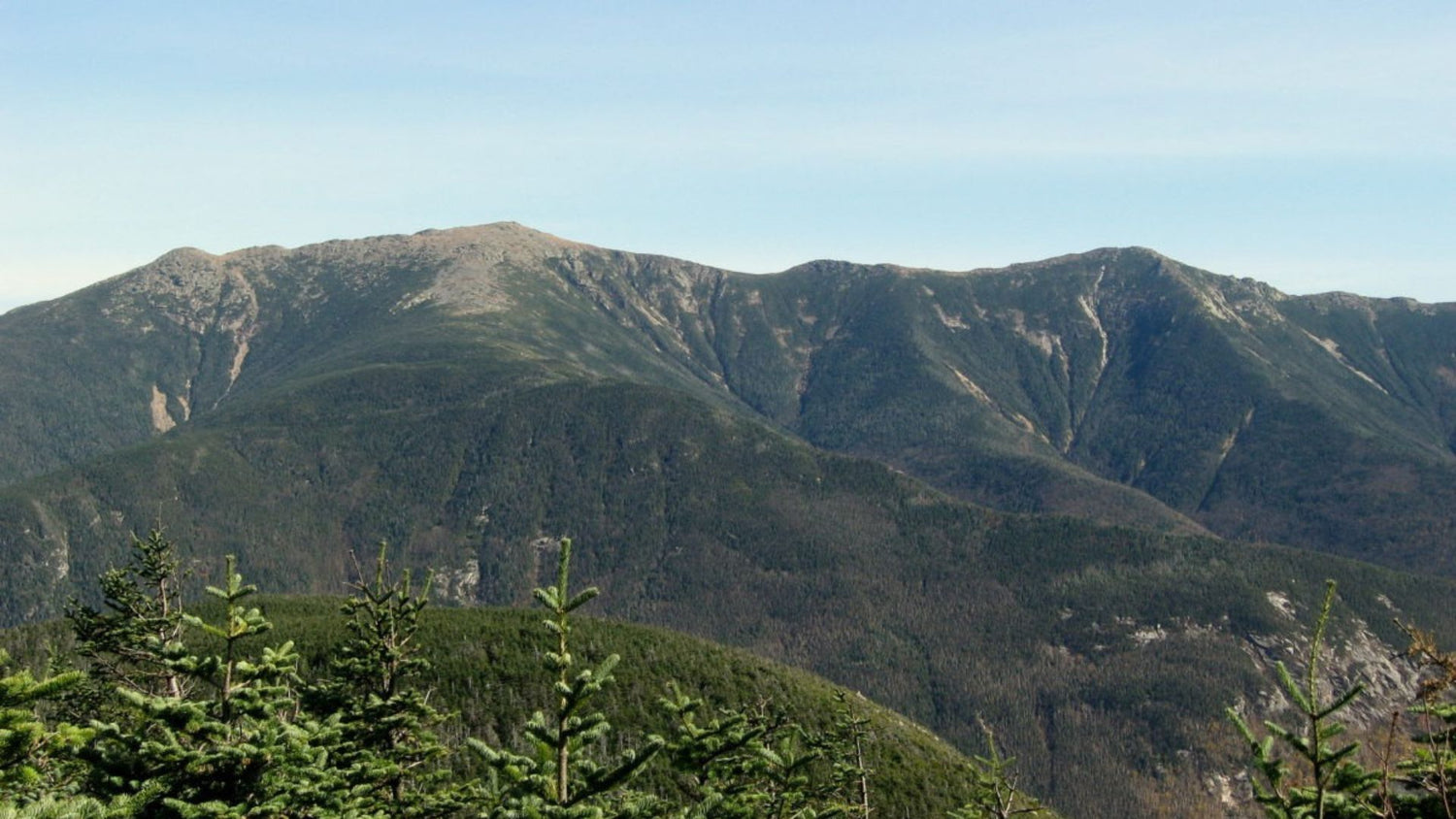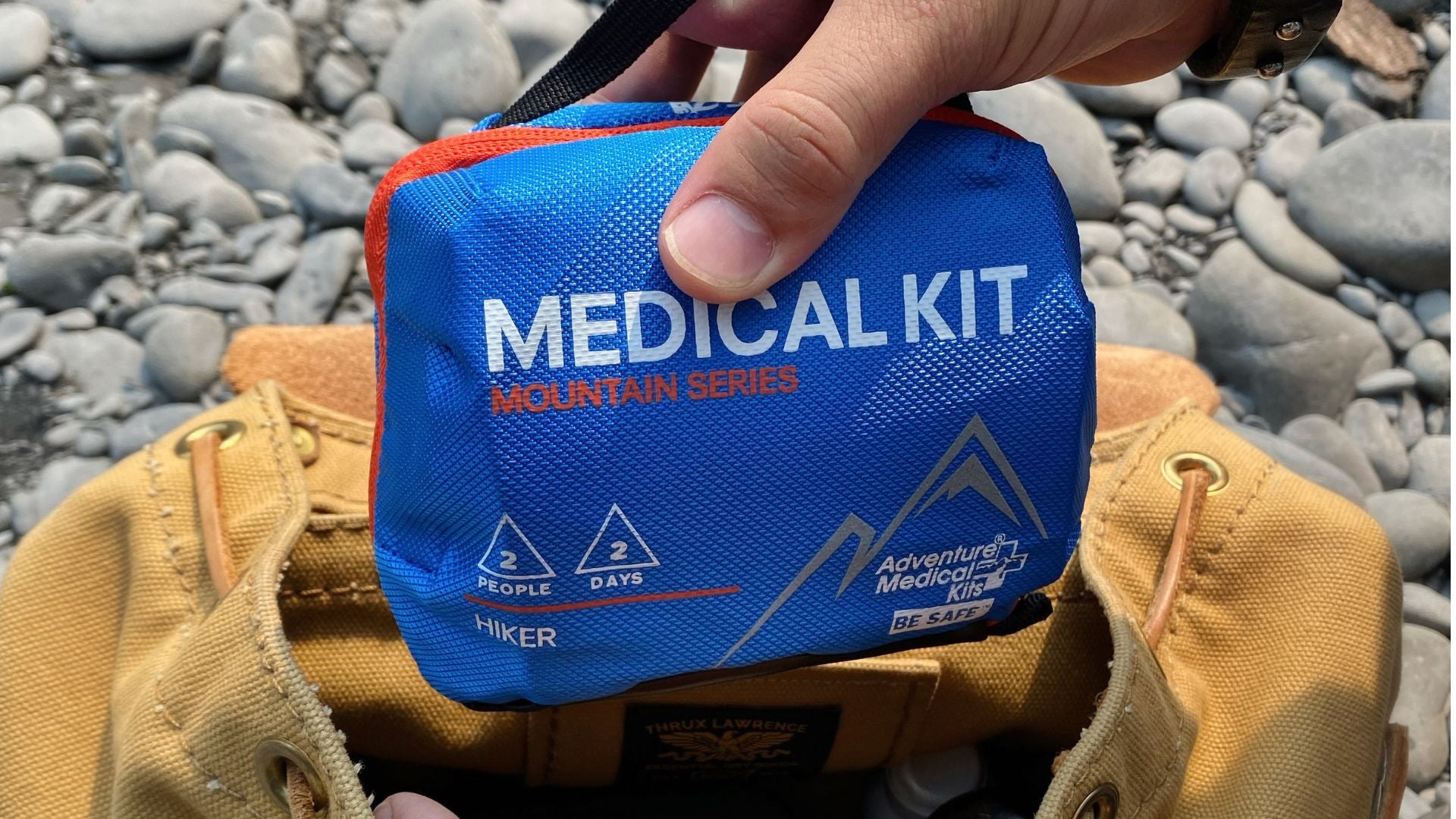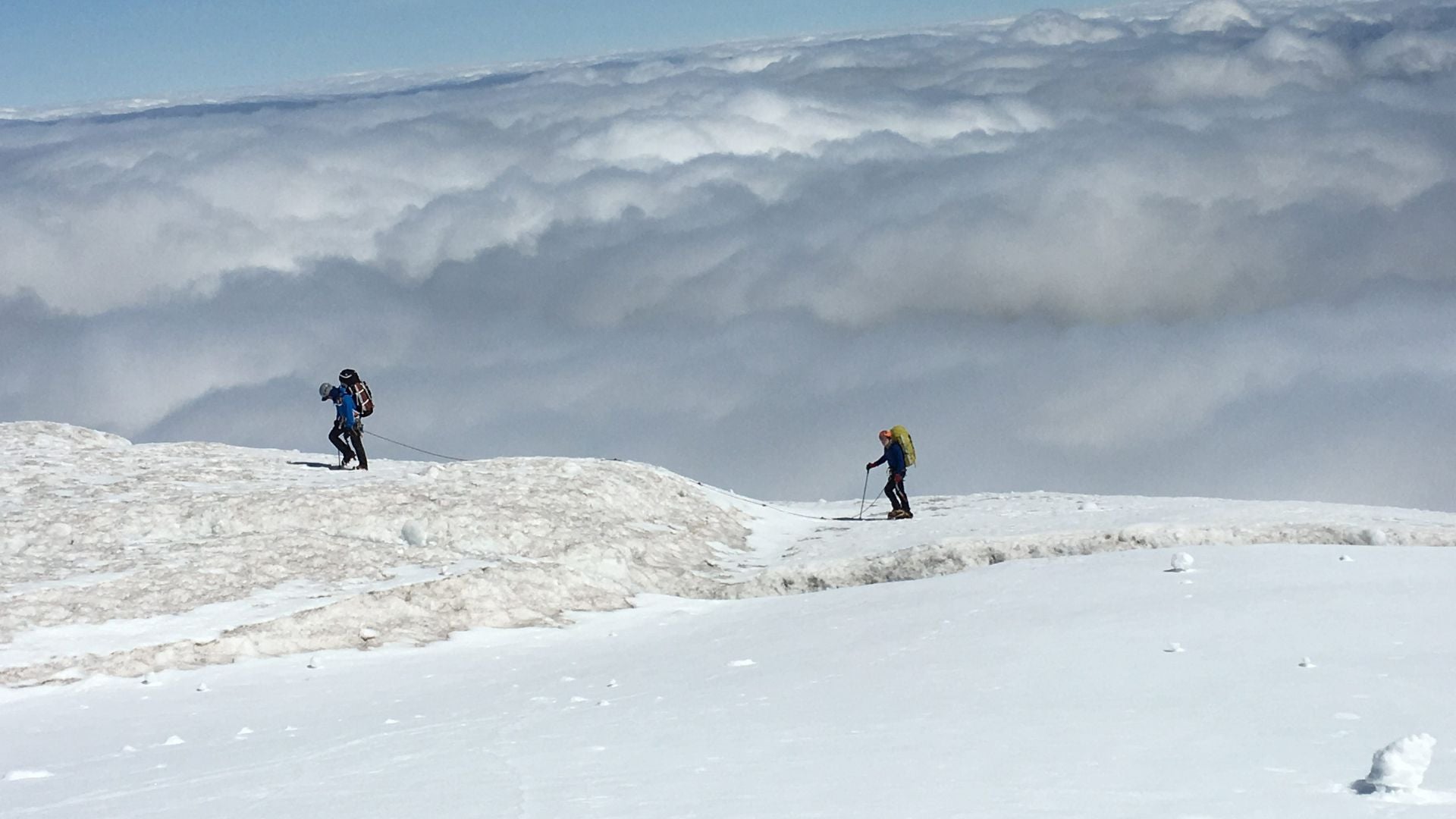It’s always gratifying whenever we hear that an Adventure Medical Kits’ product has helped someone out of a major jam. Such was the case last April, when we received a call from Mike Mason, who informed us that, thanks in part to the SOL Thermal Bivvy, his son Scott was able to survive three chilly nights in New Hampshire’s White Mountains.
The younger Mason had been solo hiking near Mount Clay when he hurt his ankle, tried to take a shortcut through a river pass and got lost. Rapidly melting snow had swollen the river, making it impossible to cross and Mason was subsequently forced to hunker down for the next three days, before being found by rescuers.
What’s not so gratifying, certainly for the Mason household, was when the N.H. government slapped Scott with a bill for $25,734.65 to cover the cost of a three-day search and rescue mission it had initiated after he was reported missing. Even though Mason, an Eagle Scout, showed tremendous survival savvy – at night he slept in the crevice of a boulder for shelter and used an alcohol-based hand sanitizer to start fires – the N.H. government determined that he was negligent because he veered off of a marked path and did not adequately anticipate the problems that melting snow would pose in finding a route back down the mountain.
Mason has since hired a lawyer to negotiate a settlement. One of Mason’s scoutmasters also started a Facebook page – “Rescue Scott Mason – Again” – to help raise money to offset the hefty fine and the family’s legal costs, which according to a recent wall post now total $5,000.
Currently, New Hampshire is one of eight states with laws on the books that allow it to recoup the costs of search and rescue missions. However, lately New Hampshire is the only state that has attempted to bill people. Last year, it strengthened the law, allowing it to suspend the hiking, fishing and driver’s licenses of individuals who refuse to pay.
In a recent AP article, New Hampshire State officials argued that the threat of a fine should encourage outdoor enthusiasts to be better prepared before they head out on the trail. Not all in search and rescue (SAR) services, however, are convinced of the benefits of this policy.
Dr. Chris Van Tilburg, editor of Wilderness Medicine magazine and a member of Crag Rats Mountain Rescue, located in Hood River, OR, says the law is highly problematic.
“If hikers or climbers are concerned about the costs they may face, they may put off calling for help, which can hinder their chances for survival,” says Van Tilburg, who was part of the team that attempted to rescue three climbers who became stranded on Mt. Hood, in 2006.
“We don’t charge people requiring law enforcement or fire department services, so charging for SAR services seems unfair,” he added.
What do you think? Should outdoor enthusiasts who aren’t prepared be charged for search and rescue missions? Should Scott Mason have been fined?














